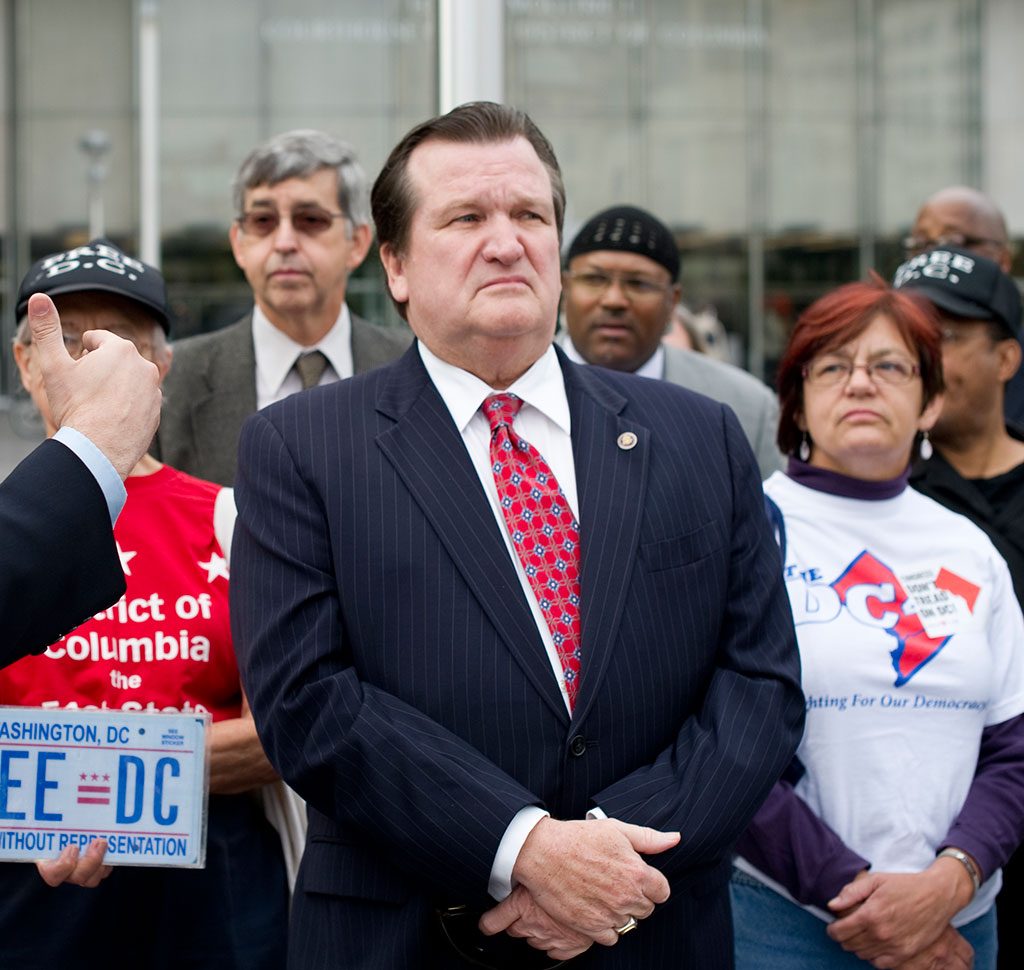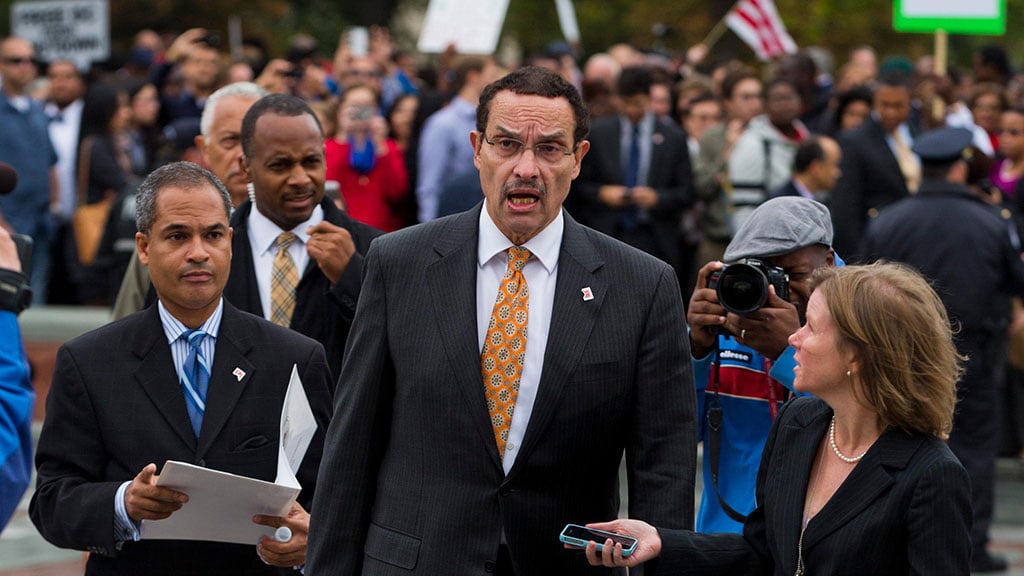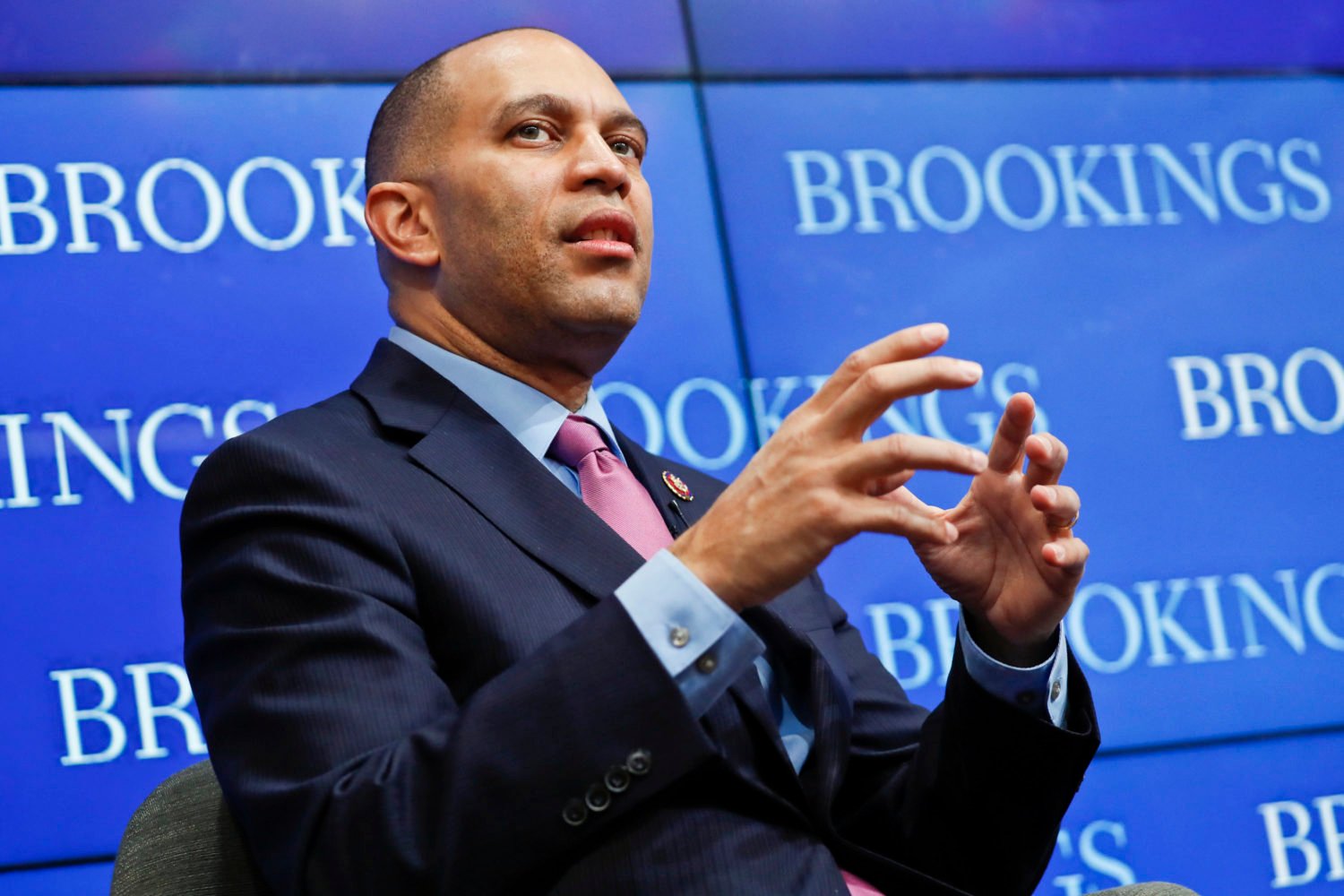Shadow /shăd-ō/ A person, body, or campaign acting on behalf of a group that does not technically exist.

In March 2012, the Washington Post first reported on a “shadow campaign” being pursued by members of then mayor Vincent Gray’s 2010 campaign staff. The phrase—which returned to circulation in December when the US Attorney’s office dropped its investigation into whether Gray knew of the illegal activity—has particular resonance in Washington. Gray’s shadow may be only the most recent one cast over a city that sometimes seems eclipsed by them.
In 1990, DC residents elected their first “shadow” representative and two shadow senators—nonvoting officials sent to Congress to lobby for District statehood. At the time, the name was hopeful: In Britain’s parliament, “shadow” has long referred to members of the party out of power who track the reigning Cabinet’s views and oppose them, offering an alternative government. In the United States, the term “shadow” has been attached to elected representatives from places such as Tennessee, California, and Alaska, whose job was to convince Congress to admit their territories into the Union—at which point the shadows would enter the light as full members of Congress.

In DC, that transition has never come, and the metaphors have tended in the other direction. Shadows are insubstantial, obscure, and dark. They are also, of course, shady: A “shadow government” can mean a powerful state within a state—Iran’s Revolutionary Guard is often called a shadow government—or the secret über-government of conspiracy theories, controlled by international interests or even aliens.
“We’re not crazy about that,” says Paul Strauss, one of DC’s two shadow senators, along with Michael Donald Brown. “We feel it kind of hurts our brand.”
Statehood advocates, Strauss explains, have suggested other monikers over the years—for instance, from activist Charles Mason: “Tennessee-Alaska Plan senator”—but the name has stuck.
As has the shadow of the Gray investigation. The ex-mayor may have escaped prosecution, but he has left “shadow” sounding less like a privilege and more like a trap.
This article appears in our February 2016 issue of Washingtonian.



















